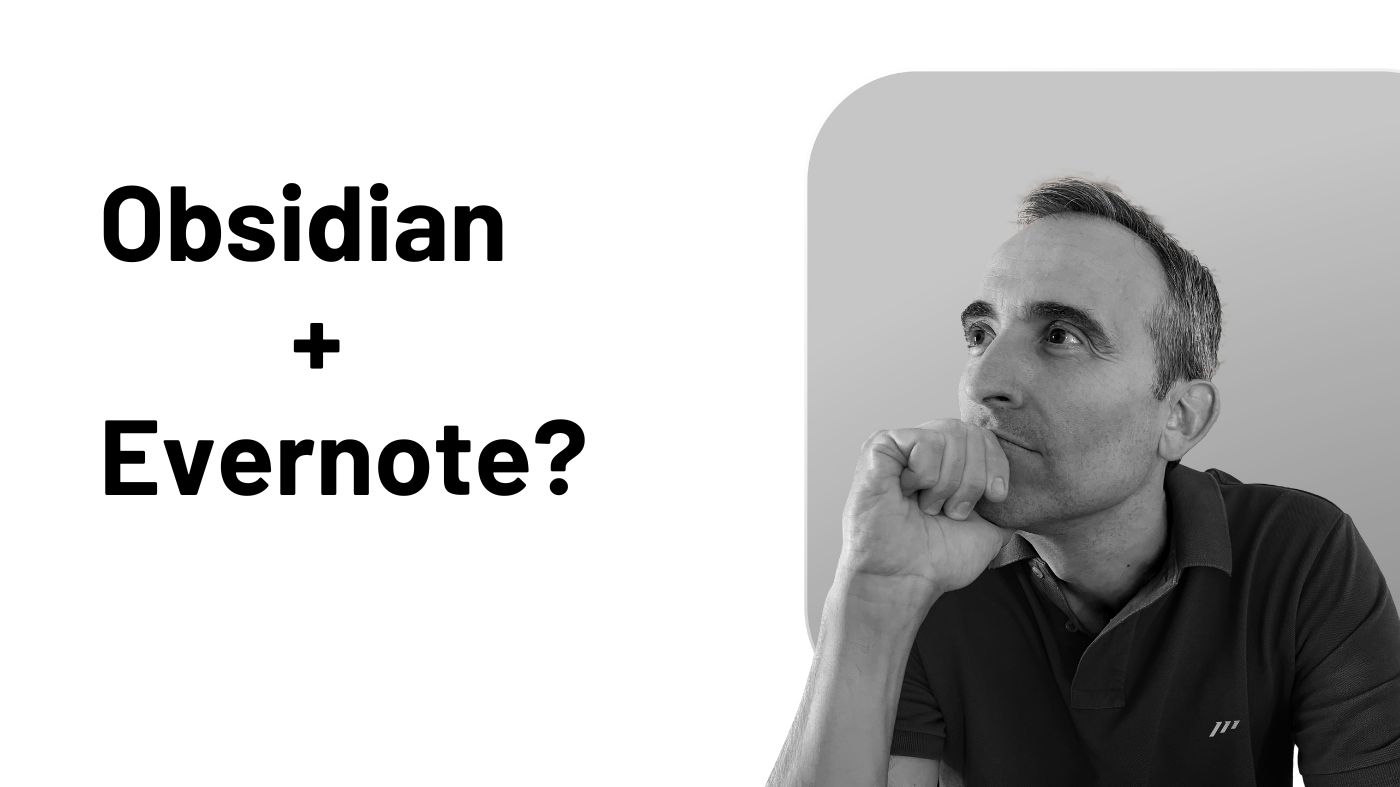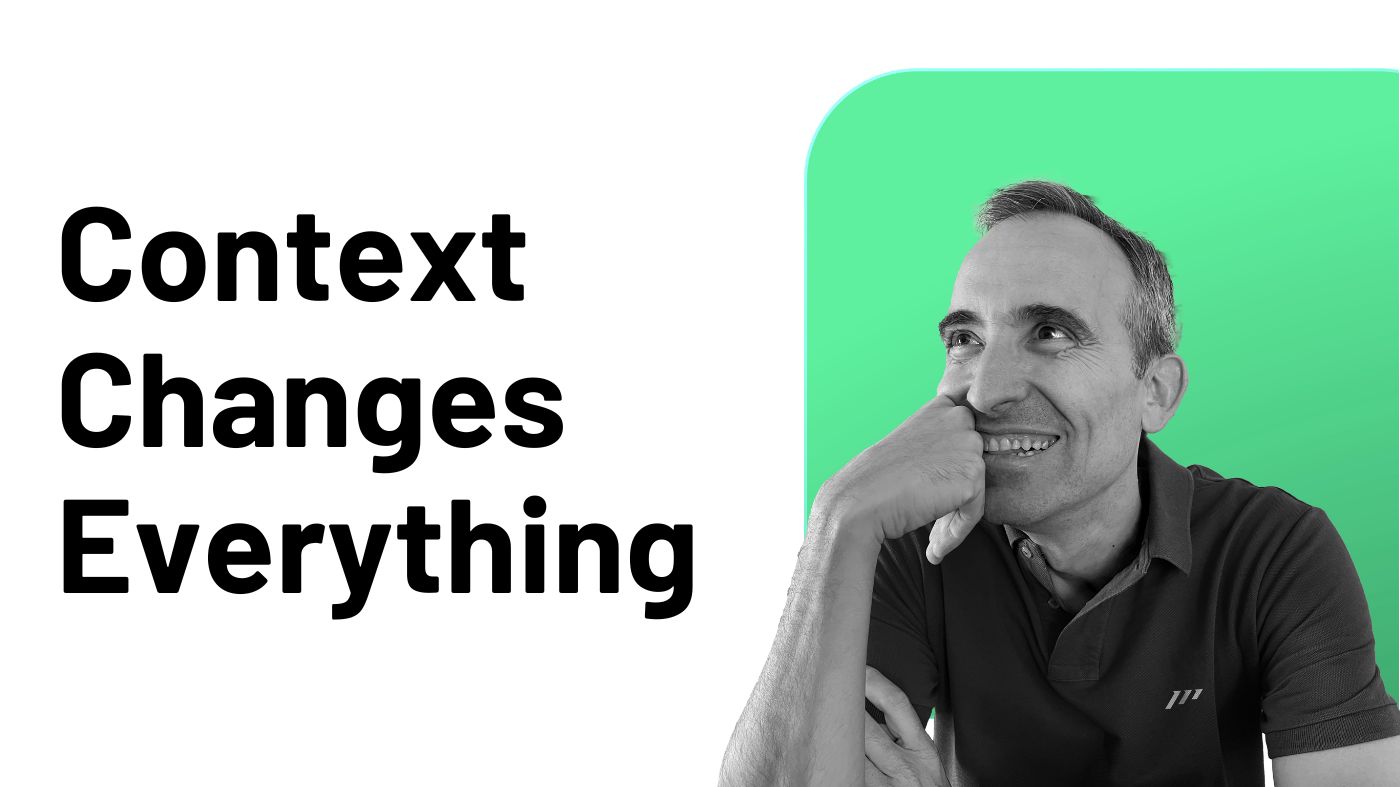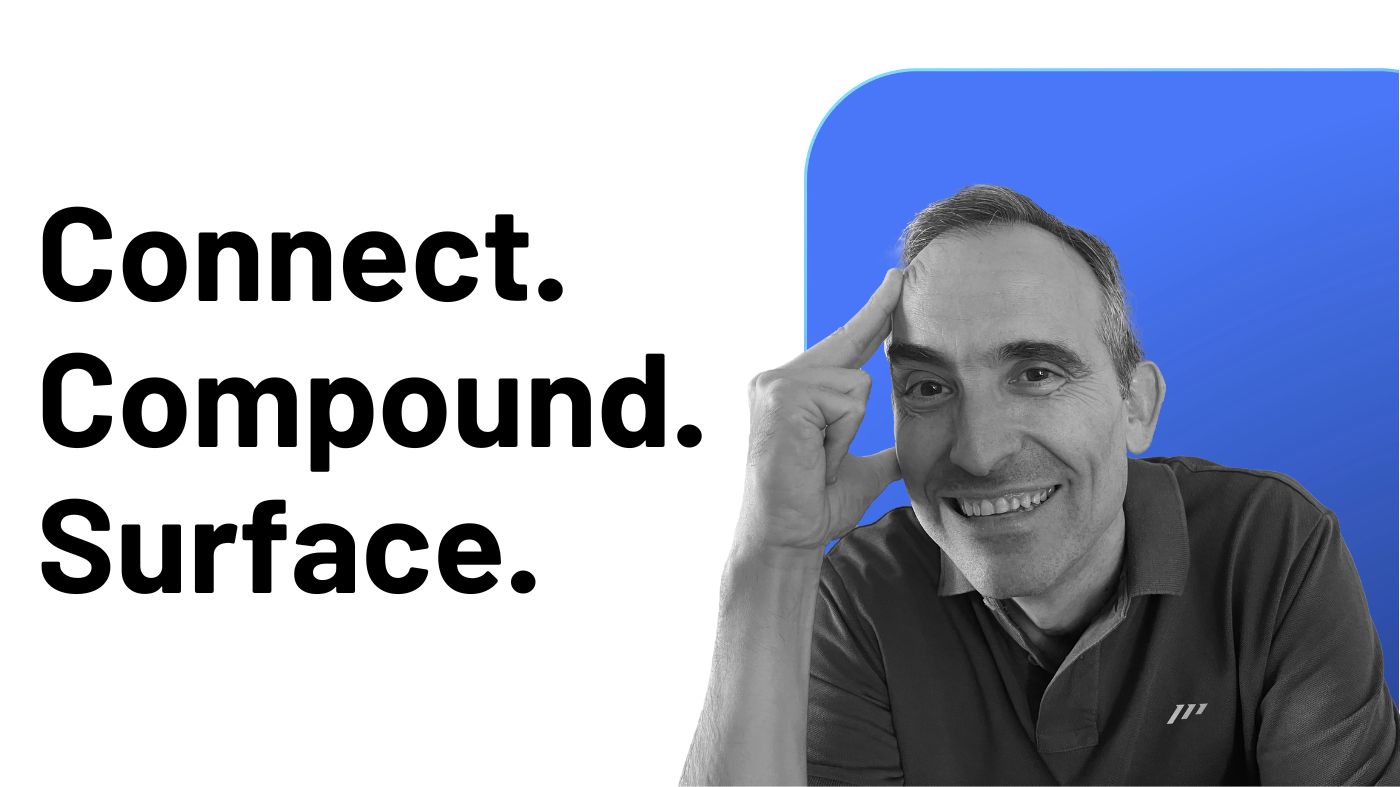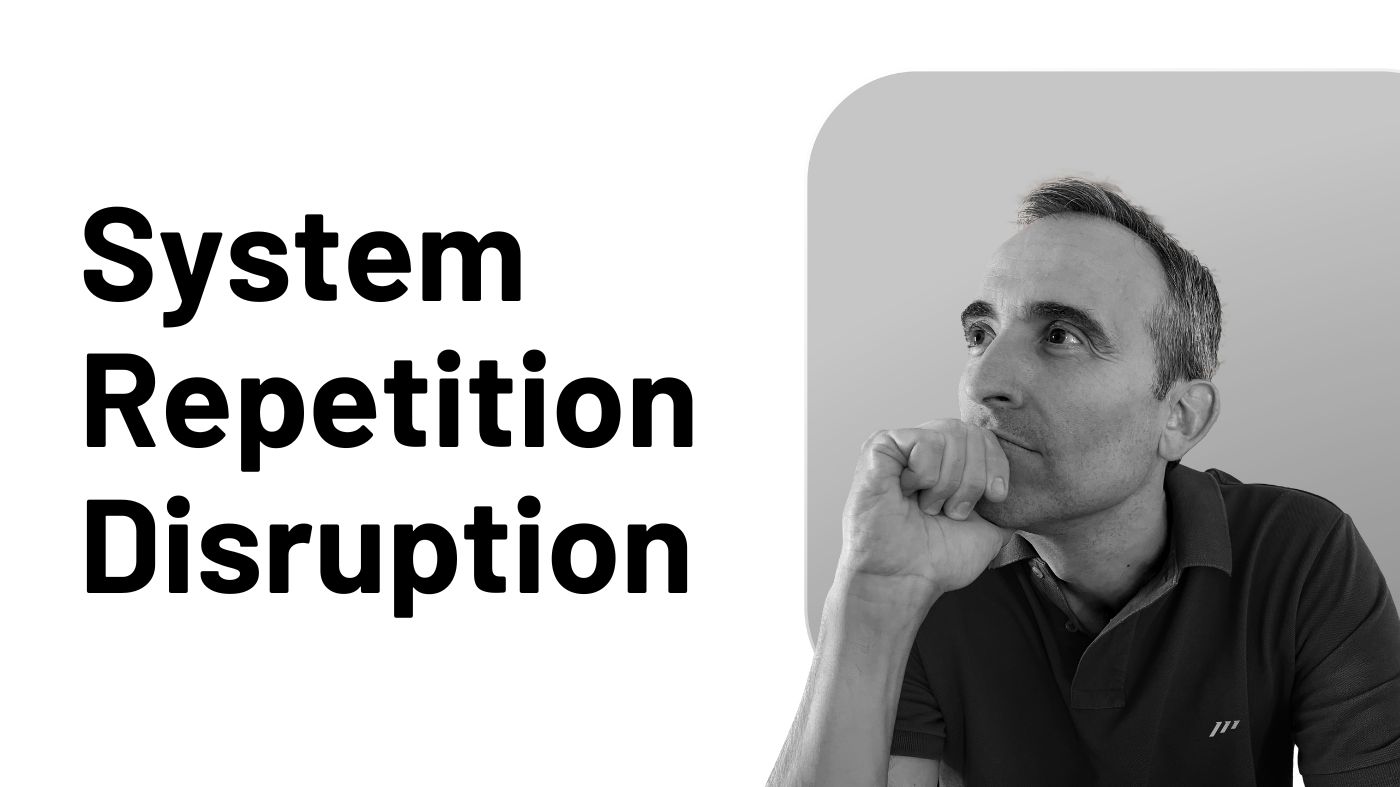Today, I came across an interesting post on X from Kepano, a guy I do admire, the CEO of Obsidian.
He shared an email he’d received from Bending Spoons, the company that owns Evernote.
The email went like this:
From: Bending Spoons
Subject: This might make you really suspicious
Date: Tue, Dec 17, 2024 at 1:20 PM
I am Alexandra from Bending Spoons, the biggest European app developer and publisher.
I know what I am going to say may sound crazy and catch you off guard. How ridiculous would it be to discuss Bending Spoons potentially acquiring Obsidian?
Obsidian actually listens to its users, which has fostered a tight-knit vibrant community. We like products with strong fundamentals and would love to explore the possibility of being part of Obsidian’s journey. Do you hate the idea? Let me know if you are available for a short call to discuss more about it.
To be clear, we’re for the long term. We’d truly appreciate being on your radar and building a connection.
Kepano’s response was straightforward:
“Thanks for reaching out. Do you mind if I share this email on social media to gauge the reaction from our community?”
In case you’re unfamiliar, both Obsidian and Evernote are tools for note-taking and Personal Knowledge Management (PKM).
What sets Obsidian apart, though, is its huge community—over a million users/fans, if I’m not mistaken. And Obsidian’s followers are fiercely loyal, largely because of the company’s unique business model and core philosophy, which really resonate with them.
Here’s why Obsidian has such a devoted following:
-
Small company, big ethos: Obsidian prides itself on being a small, independent company. This isn’t just part of its identity—it’s a key marketing strategy. They’re the David going up against the Goliaths of the software world (companies like Bending Spoons, for instance).
-
Bootstrapped, not venture-backed: Unlike many startups, Obsidian avoids venture capital, choosing instead to bootstrap its growth.
-
Local-first philosophy: One of Obsidian’s standout features is its commitment to “local-first” storage. Your data lives on your own hard drive, not on some mysterious server. The company’s slogan, “Your data belongs to you,” is repeated often and for good reason.
-
A modular, plugin-based approach: Obsidian’s core software is intentionally minimal, but it’s built to be expanded with plugins. Users can freely customize and enhance their experience, making it as simple or as powerful as they need.
This combination of values—independence, user control, and community-driven growth—makes Obsidian much more than just a note-taking or PKM tool. It’s a platform people genuinely care about, which is why something like a potential acquisition by a bigger company stirs up so much conversation.
Obsidian’s Flexibility: The Ultimate Strength—or a Double-Edged Sword?
With all that in mind, you can probably imagine how Obsidian’s community reacted. Messages poured in defending poor David against the mighty Goliath. (If you’re curious, here’s the link to the discussion.)
It got me thinking about the first time I discovered Obsidian.
For me, it felt like the missing piece in my productivity system. I’d already tried tools like Notion and Evernote, but I knew they weren’t quite right for developing my thinking.
Both of those tools are great for storing and retrieving information, but they don’t really help you develop your thoughts. That’s where tools like Obsidian stand out—they’re part of a category known as Tools for Thought (TfT).
Tools for Thought are designed to mimic how our brains store and connect information. They aren’t just about keeping things organized—they’re about enhancing your thinking process. They combine the strengths of storing and retrieving information with the ability to connect ideas, concepts, and thoughts naturally, much like our minds do.
I went all in with Obsidian for about a year and a half, largely because of one of its standout features: complete customization. Obsidian lets you design and build your setup exactly the way you want it.
Of course, this flexibility comes with its pros and cons—like anything in life. In the end, I realized that sticking with Obsidian didn’t make sense for me anymore, for a variety of reasons. But that’s a story for another time.
For now, I want to focus on how the Obsidian community reacted to this situation—and use that as a lens to explore how I see software tools in the world of productivity.
Breaking Free from Tool Loyalty: A Smarter Way to Work
I can’t imagine myself defending a tool the way some Obsidian fans have over this situation. Just because we use the same tool doesn’t mean we’re part of the same “tribe.”
To me, tools are just a means to an end.
Software is simply how I bring my concepts and workflows to life—how I put them into practice and make them work. And that’s it.
Beyond that, I’m pretty sure you and I don’t necessarily have much else in common just because we use the same app.
And let’s be clear: I’m never going to shout at someone just because they’re trying to buy a tool I use.
That’s the beauty of being tool-independent.
You don’t get caught up in the drama of software companies and their business dealings. That’s their business, not mine.
My focus is on my own work—choosing the best tool to solve my problems and moving forward. After all, just solving your own problems is already more than enough to deal with.
Relying on a single tool has always felt like a risky move to me. What happens if the tool disappears? What happens if something better comes along?
I also believe that obsessing over one specific tool can close your mind. You limit your ability to evolve, improve, or think outside the box. You lose perspective. You stop exploring and experimenting with other tools that might actually enhance how you work—or even how you live.
That’s why I embrace a tool-agnostic approach, the same philosophy we advocate with ICOR®, the productivity methodology we’ve developed at the Paperless Movement®.
By focusing on concepts and workflows first, I’ve been able to get the most out of countless tools—Evernote, Craft, Notion, Roam, Obsidian, Workflowy, Mem, Tana, Heptabase—the list goes on. I’ve tested hundreds of tools every year for decades now.
This process works both ways: when you explore different tools, you refine and improve your concepts and workflows. It’s a feedback loop. As Marshall McLuhan famously said, “We shape our tools, and thereafter our tools shape us.”
That mindset has helped me not only polish my productivity system but also keep growing and adapting. It’s not about the tool itself—it’s about staying flexible and focused on what works best for you.
A Life Built on Code: My Journey in Software and Business
Everything I’ve said so far comes from a deep understanding of software and the business behind it.
I started coding at the age of 8, and software development has been a constant throughout my life. I’ve worked with assembly, BASIC, dBASE/Clipper, C, C++, Smalltalk, Fortran, COBOL, Visual Basic, Java, HTML, PHP, and countless other languages. I’ve used PCs, Apple devices, and even IBM mainframes.
For five years, I worked as a consultant with firms like PricewaterhouseCoopers and Accenture, helping large corporations improve their processes and businesses in areas like CRM and ERP. I’ve tackled everything from customer care to invoicing and administration.
Because of this background, I deeply admire software companies.
I understand how tough it is to come up with a solution, build it, and then figure out how to sell it. That’s why I respect tools like Obsidian, Evernote, and every other software product out there.
Behind each of these tools are talented, brilliant people—people who not only have incredible intelligence but also the grit to push through the blood, sweat, and tears it takes to make code work and deliver real solutions.
I’ve always appreciated the incredible software tools that have improved my work and life, and I’ve tried to support them whenever I can. That’s why I’ve never been a fan of the idea of “free software.” It’s also why I continue to pay subscriptions for tools I no longer use—I believe in supporting good software.
For me, software is an investment, not an expense. I’ve invested significant amounts of money in software, both for myself and across my four businesses, because I believe good tools are worth it.
That said, I’ve never let myself become a slave to any tool.
I want to stay free. I want the flexibility to choose the right tool stack for my needs at any moment—based on my concepts, workflows, and current circumstances.
I want to remain open, adaptable, and ready to embrace any opportunities or advancements that come my way.
Why Obsidian and Evernote Are a Mismatch: A Recipe for Disaster
I’d like to wrap up this article by sharing my thoughts on Bending Spoons’ approach to acquiring Evernote and potentially targeting Obsidian.
For me, it makes no sense. At all.
Sure, Obsidian has over a million fans, clients, or supporters—but are those people really your target market? Are they your ideal customers? Your persona? I don’t think so.
Obsidian appeals to a very specific type of user: people who truly love software. People who are willing to dedicate time and effort to build their perfect setup—one that’s tailored to their unique needs and workflows.
Evernote, on the other hand, caters to a completely different audience. Its users want simplicity. They want as much as possible handed to them on a silver platter. They don’t have the time—or perhaps the desire—to tinker with settings or design their perfect system.
The tools are different, too.
Obsidian is local-first, giving users full control over their data. Evernote is server-based, relying on the cloud.
Obsidian takes a slow, deliberate approach to crafting its software, adding features gradually and thoughtfully. Evernote, by contrast, needs to innovate quickly to capture and retain a broad, mainstream audience.
I honestly can’t think of two tools—or two business philosophies—that are more different than Obsidian and Evernote.
Trying to mix these two vastly different cultures under the same umbrella wouldn’t just be illogical—it would be a disaster for both.




